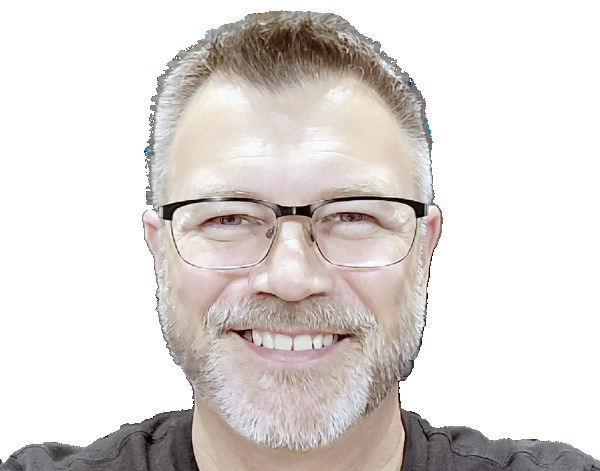Sheila Harris: Feces by another name

My heart is a little bit broken.
With the proliferation of land-applied industrial processing waste in Barry County, I’m already seeing, firsthand, the degradation of the natural resources for which the Ozarks are known.
And, with 8,400 acres of Barry County farmland targeted for the land-application of meat-processing sludge by Synagro Central and HydroAg Environmental this spring, the desecration is bound to escalate.
To add greater insult, the Missouri Department of Natural Resources (DNR) is poised to twist the screw deeper. On Friday, the department posted another notice on their website, this one proposing permits for land-application by HydroAg on 1,400 more acres in Barry County.
These permits, however, if approved, will not be for meat-processing sludge. They pertain to something a bit more human — human feces, to be exact, or “biosolids,” if you prefer.
I prefer none of the above.
Yes, I know human sludge has to be disposed of somewhere, but why, I wonder, is HydroAg proposing to transport sludge from publicly-owned wastewater treatment plants in Berryville and Green Forest, Ark., across the state line, into the northeast corner of Barry County?
And why, for that matter, are they transporting meat-processing sludge from who knows where into Barry County for land application?
The answer, I suspect, might be embedded in the fine print of the DNR’s latest proposed permits for HydroAg.
Barry County, it seems, has no Clean Water Act Section 208 plan. (What? No plan!?!).
To be honest, I had no idea what that meant, so I googled it.
Among multiple details, Section 208 mentions a plan for controlling the disposal of residual waste and pollutants in order to protect water quality. Sounds fitting. Maybe Barry County needs such a plan.
Monday morning, I drove up Barry County’s Old Wire Road (recently designated a National Trail by the U.S. Park Service) to look for the physical address that HydroAg had given the DNR as the location of its Barry County no-discharge facility.
A few miles north of McDowell, I passed Camp Bliss Spring, well-known by students of local history as a stopping point for troops during the Civil War.
Two years ago, the spring fed an idyllic pool of clear, azure water that emerged from beneath an overhanging bluff.
Yesterday, aside from its still-gorgeous setting, the spring-fed pool was far from idyllic. The majority of its surface was covered with mucky brown algae: a sign of excess nitrates in the water.
Whether the nitrates are running off from land-applied materials above the spring, or whether they’re coming from the breadth and the bowels of the spring’s recharge basin, the results are the same. We’ve essentially lost a once-pristine landmark with a direct connection to our history.
Roaring River’s spring lake won’t be far behind. It already has much more algae than it did two years ago. More, actually, than I’ve ever seen.
“The stuff I’m land-applying is too far away from the spring to do any harm,” you might say.
You’re wrong. Our karst geology facilitates long migrations of water, tainted or not.
We Barry County residents need to be circling our wagons if we prize our natural resources (as well as clean drinking water). I’m not sure we can reclaim anything, once it’s lost.
Comments on the proposed land-application of human waste from Arkansas, to Barry County farmland, must be submitted to the DNR before 5 p.m. on April 15.
The full draft of the proposed permit can be found at: https://tinyurl.com/yxcsff3e.
Comments may be submitted in writing to: Department of Natural Resources, Water Protection Program, P.O. Box 176, Jefferson City, MO 651020176, ATTN: NPDES Operating Permits/Permit Comments. Comments may also be emailed to: publicnoticenpdes@dnr. mo.gov.
Please include the permit number MO0140449 on comments.
Comments should be confined to the issues relating to the proposed action and permit(s) and the effect on water quality. The department may not consider as relevant comments or objections to a permit based on issues outside the authority of the Missouri Clean Water Commission (see Curdt v. Mo. Clean Water Commission, 586 SW 2d, 58 Mo. App. 1979).
For Barry County residents, State Rep. Scott Cupps, R-Shell Knob, can be reached at scott.cupps@ house.mo.gov.
State Sen. Mike Moon, R-Ash Grove, can be reached at Mike.Moon@senate.mo.gov.
Sheila Harris is a long-time Barry County resident and a sales executive and investigative reporter for the Cassville Democrat with a particular interest in environmental topics. She may be reached at sheilaharrisads@ gmail.com.




